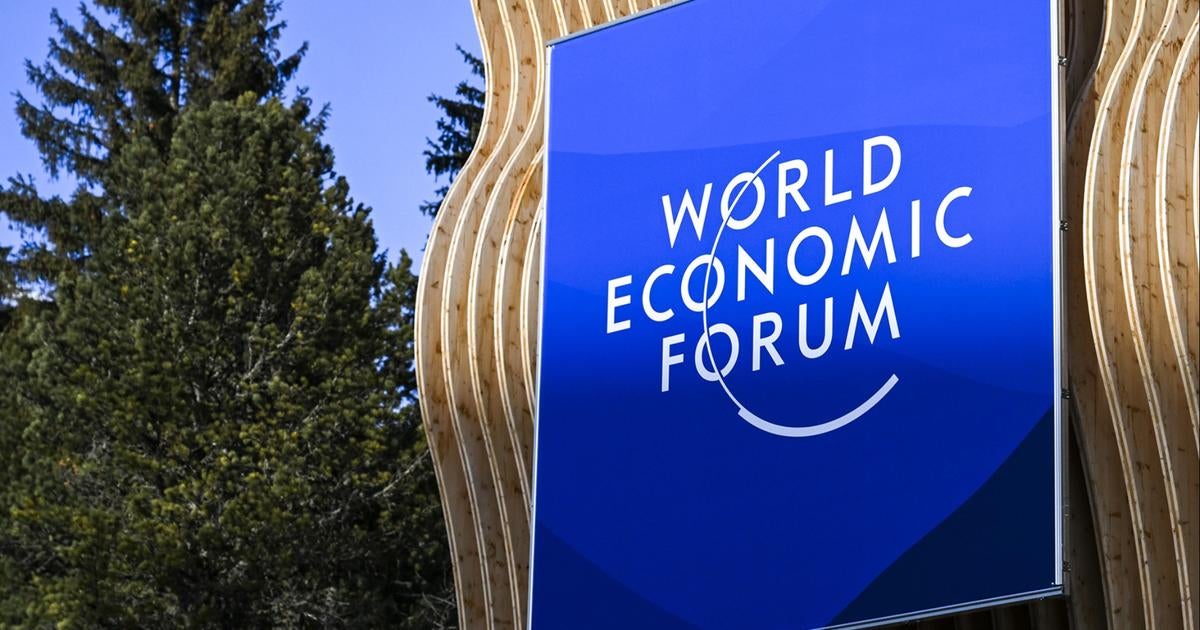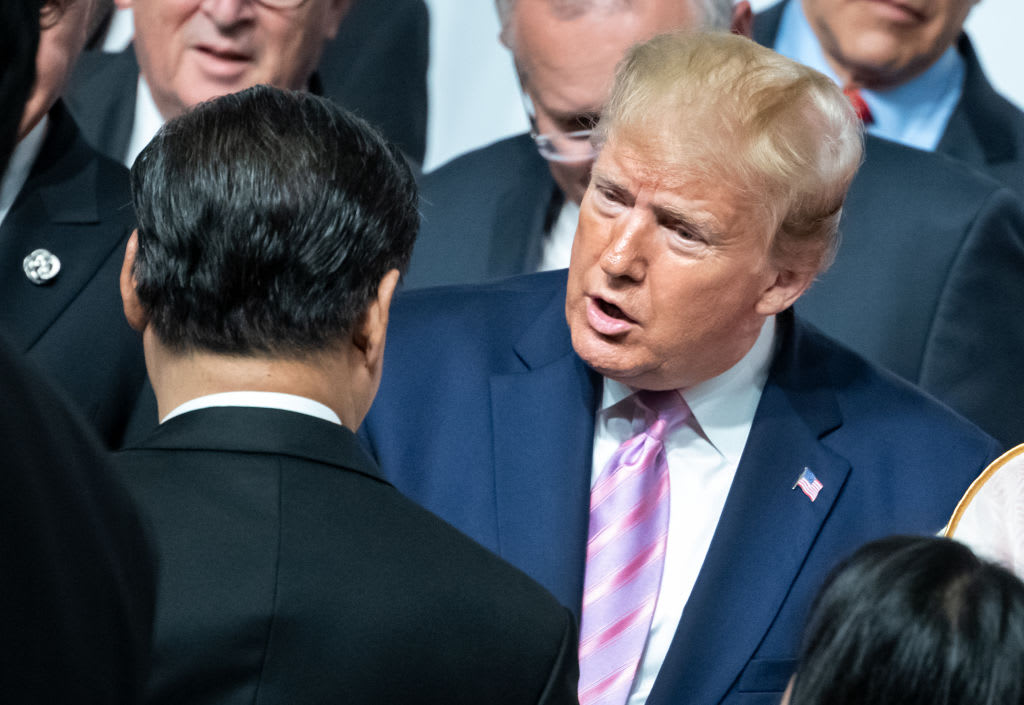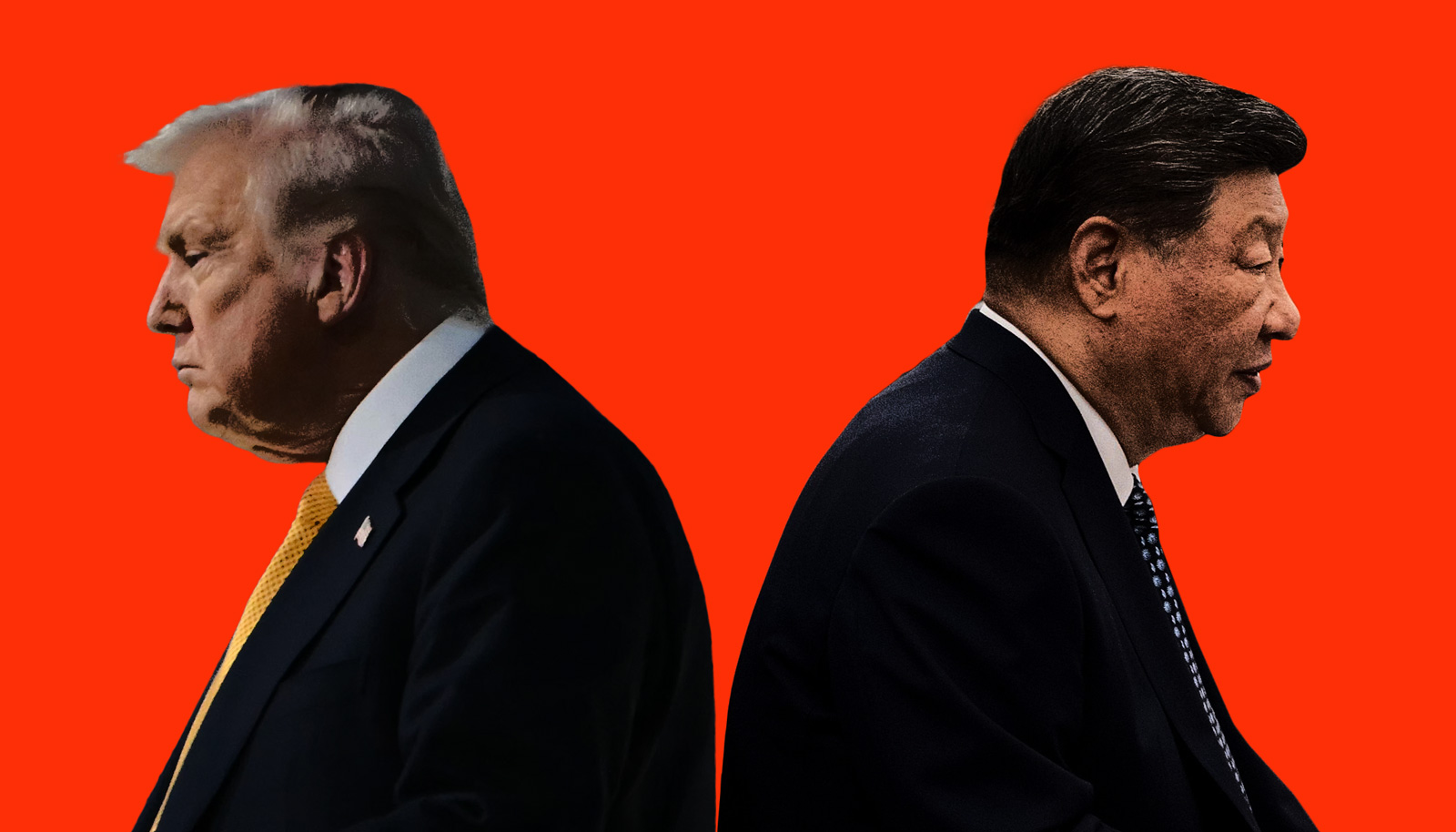Chinese newspaper uses fake quotes to embellish Xi's influence at World Economic Forum
The 2018 World Economic Forum has just ended in Davos, Switzerland. However, several Chinese state news outlets have insinuated that the conference has been greatly influenced by President Xi Jinping's "alternative vision for globalization" -- despite the fact that he's not attending.
Quartz reported that Chinese media reports claim the 2018 forum theme is "Creating a Shared Future in a Fractured World," which was ripped from Xi's 2017 speech in Davos when he became the first Chinese president to attend the conference of global business leaders.
One article, written by the state-run English newspaper China Daily -- a propaganda mouthpiece for the Communist Party -- quotes Davos Mayor Tarzisius Caviezel saying in part: "The agenda-setters of the World Economic Forum are responsible for deciding the theme. Of course, they took important points out of President Xi's speech and developed them into the theme of this year's meeting of the World Economic Forum. What is important is that they did not just take one point out. The whole program was developed based on President Xi's important thoughts in his speech."
According to Quartz, Caviezel's remarks were later "changed and fabricated." The mayor's office sent the correct statement to Quartz, which reads in part: "The agenda-setters of the World Economic Forum decide on their own about the annual topic of the World Economic Forum. It may be possible that they took important points out of President Xi's speech and developed them into the theme of this year's meeting of the World Economic Forum."
The latter half of the statement China Daily quoted was never delivered by Caviezel, the mayor's office told Quartz.
Since Xi assumed the party's leadership in 2012, dissident historians have warned that his accumulation of power could slide dangerously into something resembling the excesses of Mao Zedong's totalitarian reign. His sway over elite politics appears to be increasingly unchallenged.
While the government doesn't publish approval ratings or similar survey data, anecdotal evidence suggests such sentiments appear to be widespread in China.





